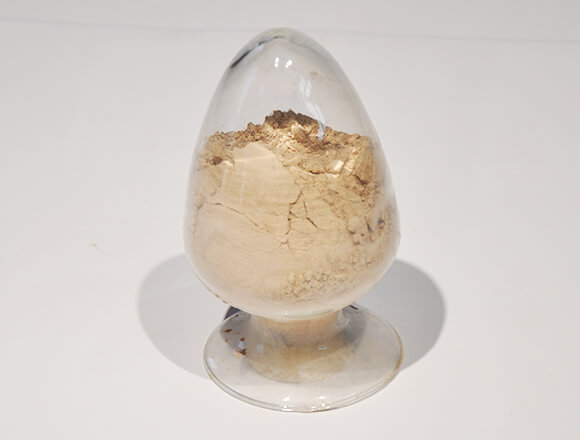
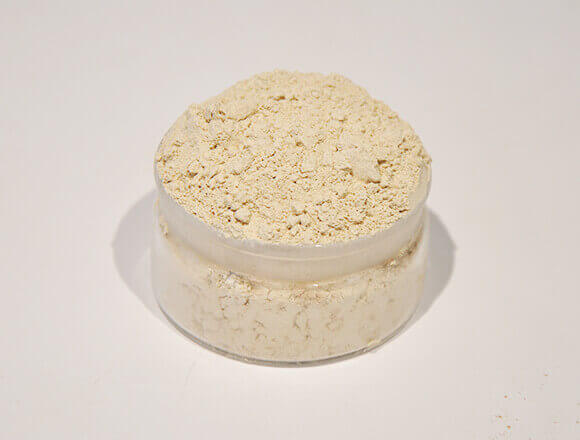
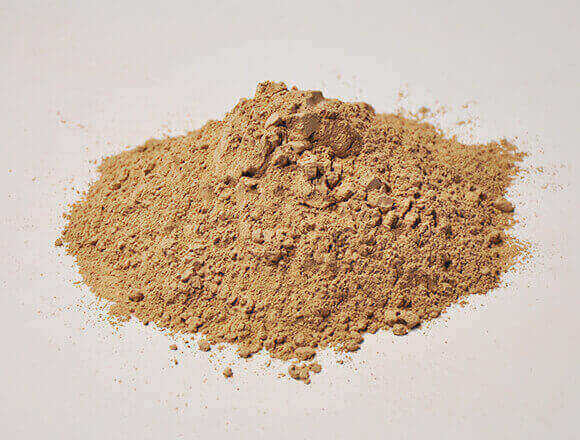



Refractory clay mortar is referred to as soft clay. It isair setting refractory mortar, a refractory clay with plasticity. The constituent minerals of high temperature mortar are mainly kaolinite and hydromica. Generally, refractory mortar mix contains Al2O3 ≥ 22% ~ 30%, SiO 2 ≥ 42% ~73%, and the refractoriness is 1580 ~ 1670 °C.
Refractory clay mortar is referred to as soft clay. It isair setting refractory mortar, a refractory clay with plasticity. The constituent minerals of high temperature mortar are mainly kaolinite and hydromica. Generally, refractory mortar mix contains Al2O3 ≥ 22% ~ 30%, SiO 2 ≥ 42% ~73%, and the refractoriness is 1580 ~ 1670 °C. The refractory clay foam is softened in water and can be made into various shapes, and firebrick mortar is a raw material for making a refractory material, as a binder and in a hard refractory clay. According to the chemical composition (useful components, harmful components), physical properties (refractory degree, plasticity, loss on ignition, etc.) of soft refractory clay, fireproof mortar can be divided into three grades: I, II, and III.
Application of Refractory Mortar:
Suitable for masonry clay bricks , high alumina bricks and any other fire bricks
Advantages of Refractory Mortar:
• High strength at high temperature
• Easy to construct and long service life
|
Items |
CH-NN38 |
CH-NN42 |
CH-NN45 |
CH-LN55 |
CH-LN65 |
CH-LN75 |
|
|
AL2O3 % ≥ |
38 |
42 |
45 |
55 |
65 |
75 |
|
|
Refractoriness /℃ ≥ |
1630 |
1690 |
1710 |
1770 |
1770 |
1790 |
|
|
rupture strength/ MPa ≥
|
110℃×24h |
1 |
1 |
1 |
1 |
1 |
|
|
℃×3h |
1200 3 |
1200 3 |
1200 3 |
1400 5 |
1400 5 |
1400 5 |
|
|
Bonding time /min |
1~3 |
||||||
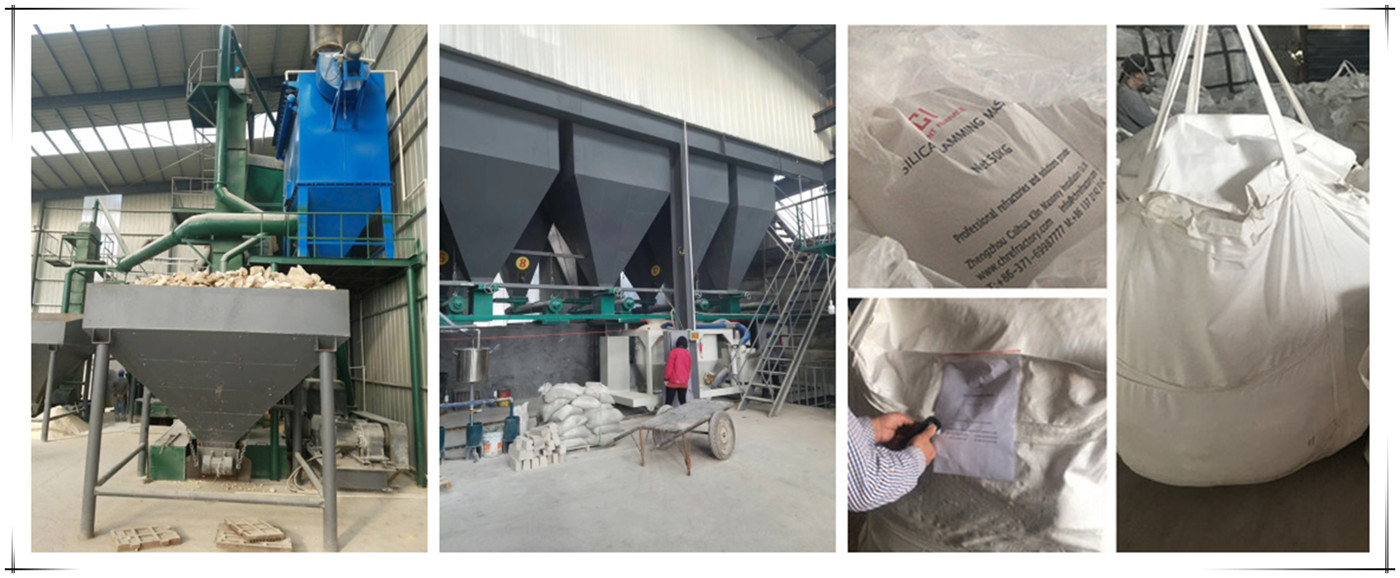
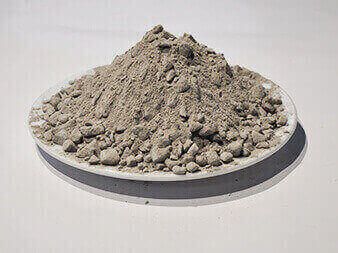
There are mainly four refractory materials for furnace in CH Refractories, which are pre-mix silica ramming mass and neutral ramming mass for induction furnace, magnesia refractory mix for EAF bottom, and Electro-fused AZS refractory ramming mass for glass kiln.

Kiln refractory clay brick is made from clinker clay by mixing, forming, drying, sintering and machine pressing moulding with good resistance to corrosion and abrasion, good thermal shock resistance, good spelling resistance, high mechanical strength, good volume stability under high temperature.
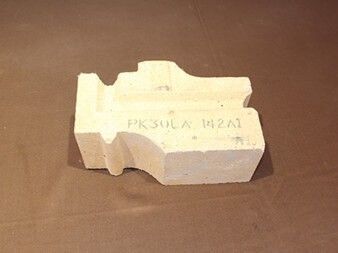
Silica refractory brick is fused silica refractory,a acid refractory brick which mainly consisting of tridymite, cristobalite, and a small amount of residual quartz and glass phases. The silicon content is 94% or more. True density of the silicon brick is 2.35g/cm3.
If you need our products please write down any questions, we will reply as soon as possible.